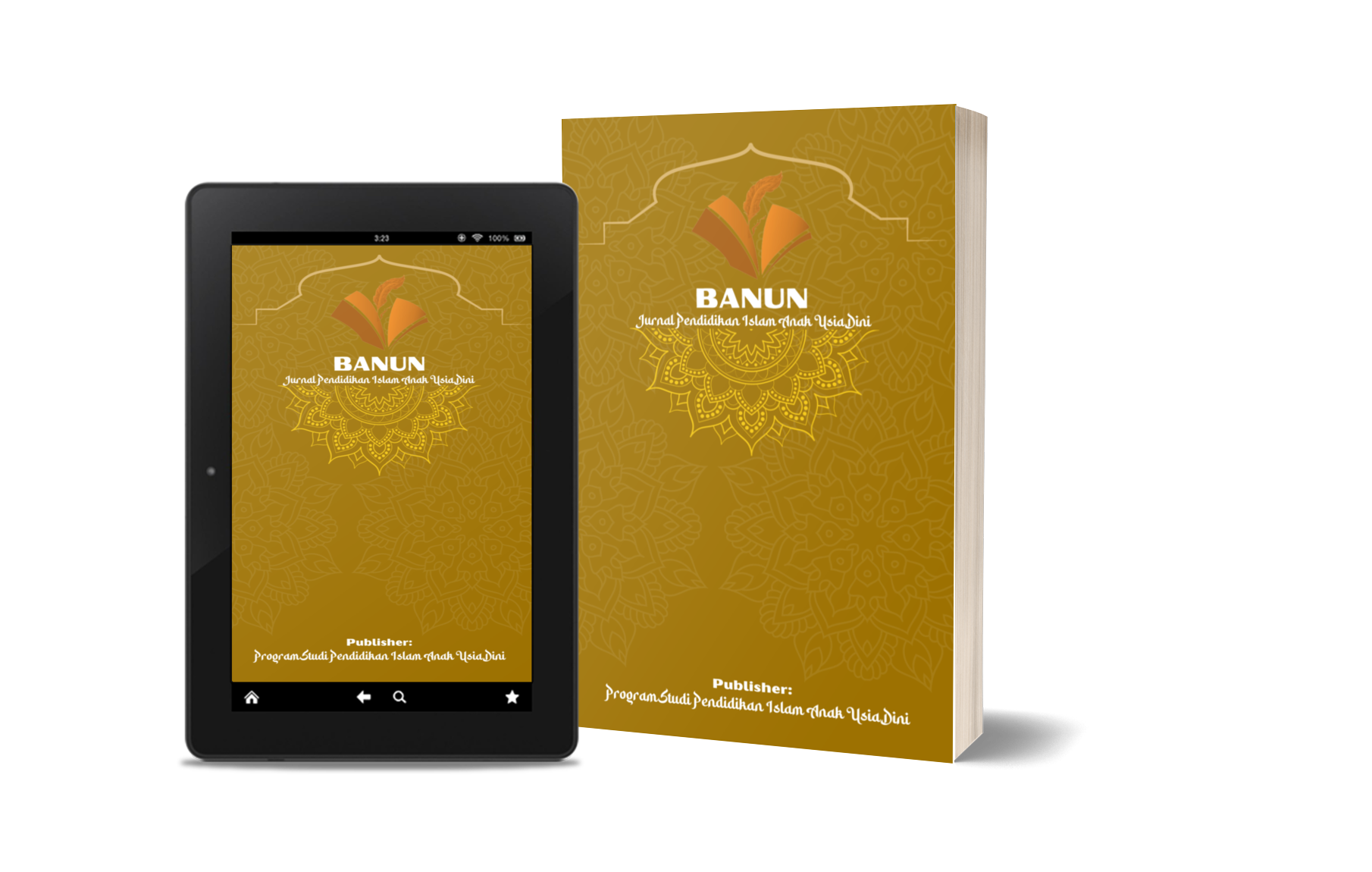Penanaman Nilai-nilai Keagamaan pada Anak Usia Dini berdasarkan Q.S Ash-Shaffat
Abstract
This research aims to explore and analyze how the instillation of specific religious values from Q.S Ash-Shaffat can be applied to early childhood education. The method used in this research is a qualitative descriptive method, with data collection techniques carried out using observation and interviews. The data analysis techniques in this research include data collection, data reduction, data presentation, and conclusion. In this research, it can be concluded that instilling religious values in children from an early age has a positive impact on children's growth and development. Having a sense of sympathy and empathy that is constructed from an early age allows children to better understand and implement the axiological context. This can minimize children becoming superior and preferring their epistemological aspects alone without being equilibrated with axiological and ontological aspects from an early age. Then this is parallel to what is contained in Q.S Ash-Shaffat where the parenting of parents to children can be considered with what the prophet Ibrahim a.s did to his son, the prophet Ismail a.s. Thus, the relevance to the education of what is contained in Q.S Ash-Shaffat is that learning can be applied based on games, storytelling, and storytelling to foster character education from an early age, and in this domain, it cannot be separated from religious values. So that future research can be carried out that analyzes the learning outcomes of early childhood based on learning methods that overlap with what is contained in Q.S Ash-Shaffat to see the differences, influences, interactions, and improvements that occur in learning in early childhood.






